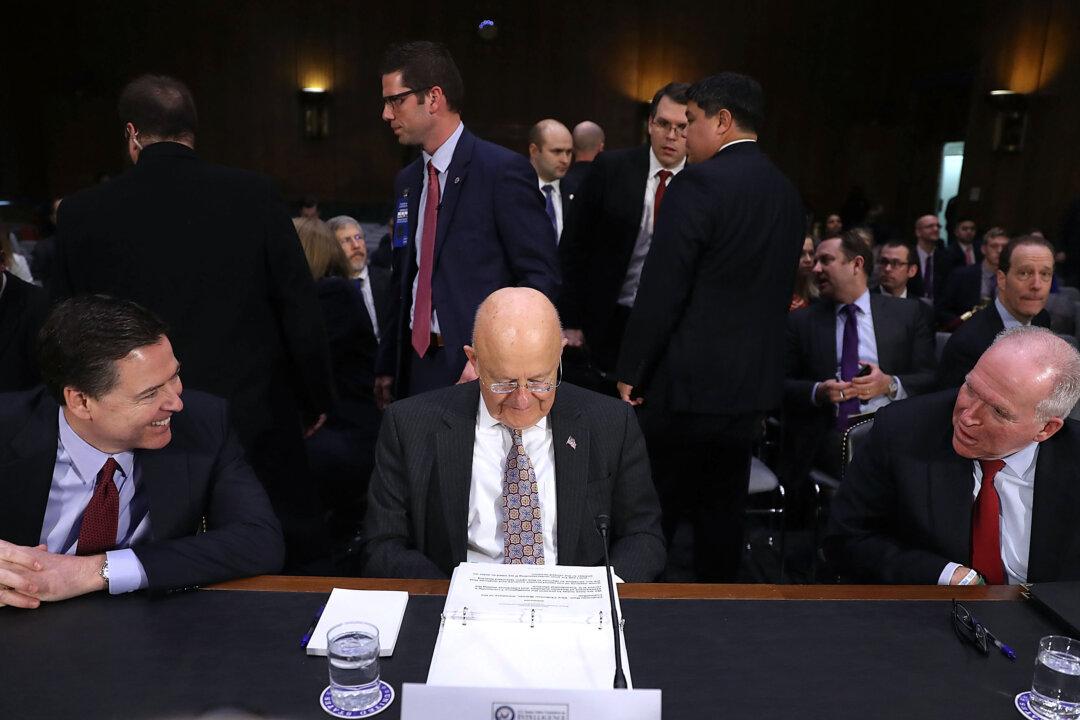Commentary
The Foreign Intelligence Surveillance Act (FISA) Court made public on Jan. 23 a filing from earlier this month, which revealed that two of the surveillance warrants on former Trump campaign adviser Carter Page were now deemed by the Justice Department to have been invalid—meaning that the spying conducted as a result was illegal.
The question that naturally arises is, what else did the FBI’s crack “Crossfire Hurricane” team do that we don’t know about?
If they were willing to hide exculpatory evidence and tamper with documents in Page’s case, how can we have any confidence they didn’t also carry over this corrupt behavior into their spying on other targets in the Crossfire Hurricane probe?
If the Carter Page warrants were only granted on the basis of a fraud perpetrated on the court, every act of surveillance on a U.S. citizen that occurred as a result of those warrants is retroactively seen to have been a gross violation of privacy.
How many other people had their electronic communications accessed due to their connection with Page? The likely number of people the FBI could spy on, due to the “two-hop rule,” is extensive. One email or text or phone exchange with Page and the FBI could come in and access that person’s own emails, texts, and phone calls.
Victims of Illegal Surveillance Can Sue
This latest filing by the FISA Court opens the door to targets of the Crossfire Hurricane investigation being able to file lawsuits against the people who investigated them.
People who are spied on by federal agencies based on warrants obtained unlawfully have legal recourse in a court of law to sue for damages for a gross invasion of their privacy.
This latest filing by the FISA Court means that Page and the people who texted him, emailed him, or spoke to him by phone and ended up being swept up in the FBI’s investigation can sue for violation of their Fourth Amendment rights.





